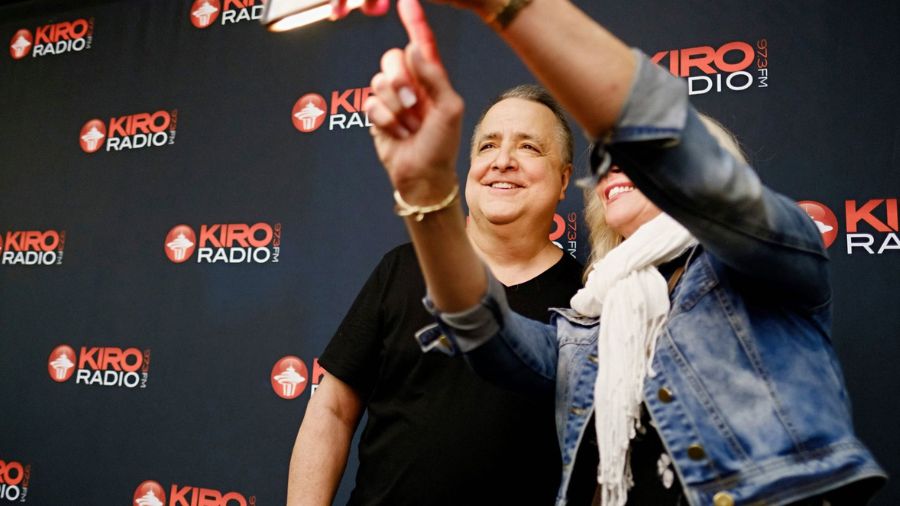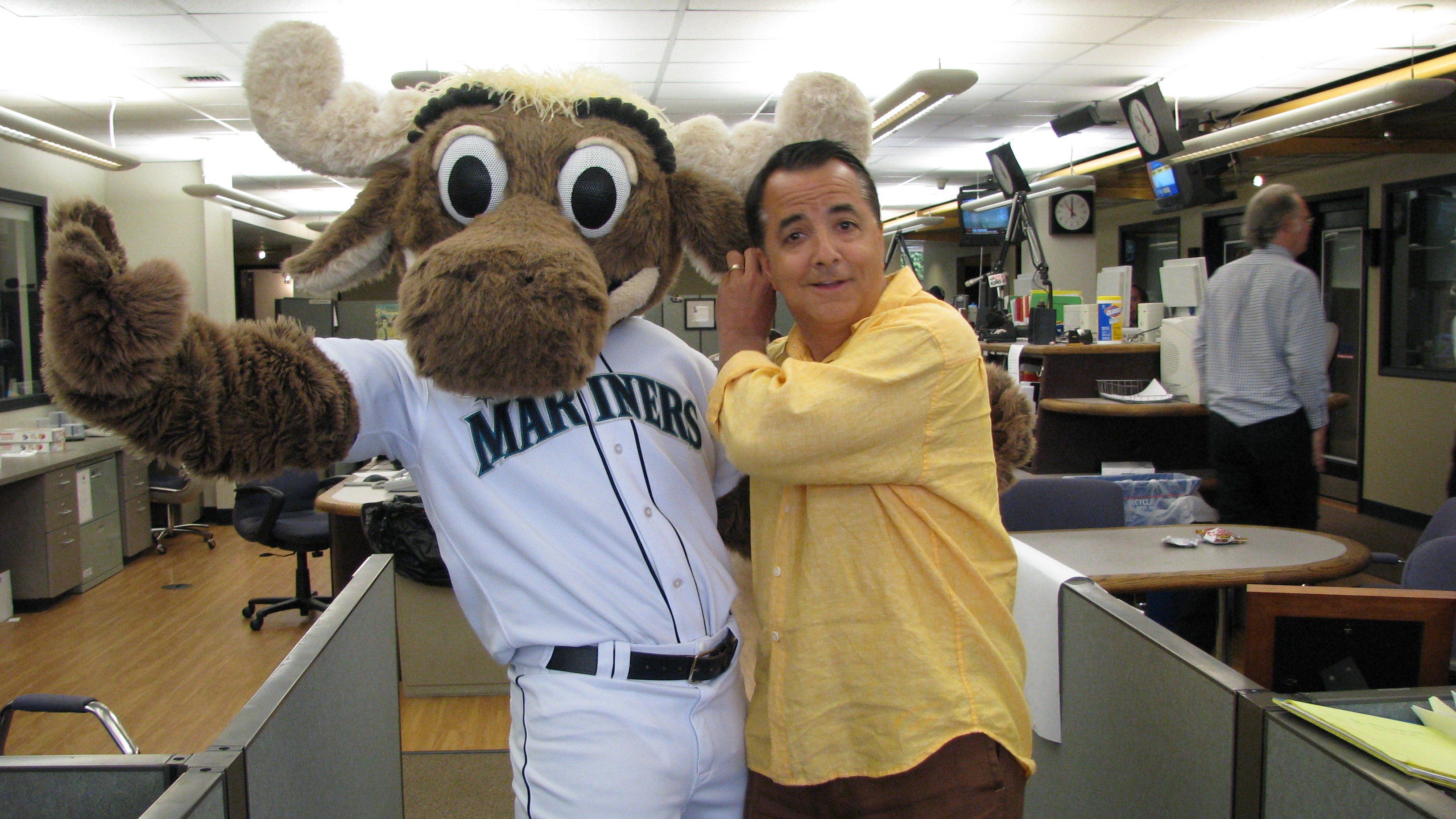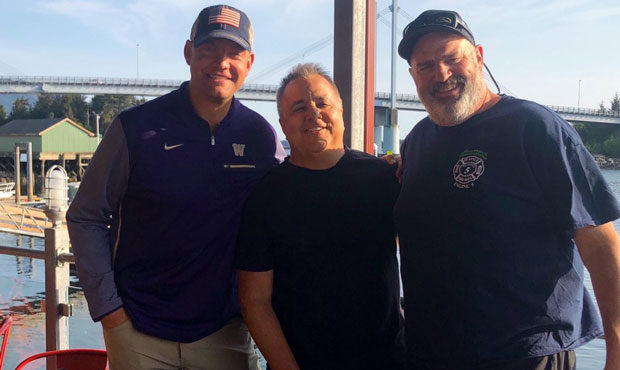Dori: State Supreme Court now assumes all civil cases are racially biased
Oct 21, 2022, 5:22 PM | Updated: 5:29 pm

(Photo By Ben Hasty/Getty Images)
(Photo By Ben Hasty/Getty Images)
It started as a rear-end car accident several years ago in King County.
And Thursday, it ended with the Washington State Supreme Court determining that all civil cases in the state must undergo a hearing for a new trial if the losing party claims their court case involved any racial bias.
“It’s a very unusual decision,” Seattle attorney Mark Lamb told Dori Monson Show listeners Friday.
According to the justices’ ruling, a civil trial court must hold an evidentiary hearing to determine if a new trial is required if the plaintiff or defendant suggests the outcome of the case was connected to any perceived racial bias.
More from Dori: The life of Seattle’s 50th homicide victim – not just a stat
In what legal experts like Lamb call “chilling,” a hearing requested after a trial must now start with a baseline presumption that the verdict was the result of bias. Even more, the nine justices wrote that the burden of proof is now on the party that won the original trial — and that it is their burden of proof to show there was no bias.
The ruling stems from an auto collision in which Janelle Henderson, who is Black, claimed the tics and pain connected to her existing Tourette’s Syndrome were worsened after her car was hit by one driven by Alicia Thompson, who is white.
Henderson and her Seattle attorney, Vonda Sargent, sought $3.5 million in damages when the case first went to trial in 2017. Thompson had acknowledged her own fault in the accident but would not compensate Henderson for a multi-million dollar amount.
At the civil trial, after hearing Henderson described as “combative” and “confrontational,” and watching three of Henderson’s friends and witnesses all use the same words to describe her as the “life of the party,” the jury denied Henderson’s original claim and awarded her $9,200.
Arguing that these words used by the defense were a trope and the insinuation that the witnesses colluded in their testimony, the plaintiffs claimed racial bias. The state’s high court also sided with Henderson’s claim that the jury heard racial bias when the defense questioned her choice to use her employer as the physician testifying about her condition, and when the defense suggested she was “exaggerating to acquire an unearned financial windfall.”
State Supreme Court to examine overturned conviction of 1987 cold-case double murder
If future cases reach a point where there is a claim of racial bias, the state court wrote in its 33-page opinion, an “objective observer” must be used at a hearing to determine if racial bias played into the verdict. The observer, the justices continued, is “someone who is aware that implicit, institutional, and unconscious biases, in addition to purposeful discrimination, have influenced jury verdicts in Washington state.”
“The presumption is going to be that you are biased, you are racist,” Lamb explained to Dori’s listeners. “The burden is on the party that effectively won at trial.”
“It is trying to imbue race consciousness into our system in a way that is not remedial but is insidious and will have very disastrous consequences to bring our country together. It’s going to heighten racial consciousness and identity and that is not going to be good for our state.”
Listen to Dori Monson weekday afternoons from noon – 3 p.m. on KIRO Newsradio, 97.3 FM. Subscribe to the podcast here.













